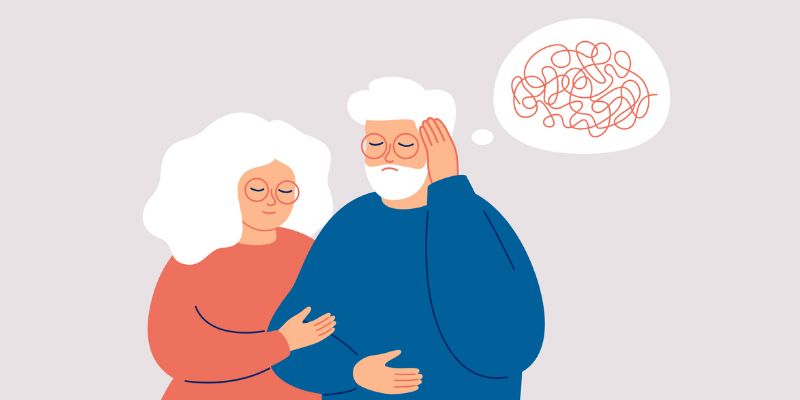A new study which challenged people to spend time thinking instead of engaging with devices found that participants underestimated how much they would enjoy being alone with their thoughts.
The benefits of letting your mind wander include better problem-solving, improved creativity and the opportunity to ponder the meaning of life.
With this in mind, researchers set out to test how much people enjoyed just thinking, without any distractions.
The study’s lead author, Dr Aya Hatano from Kyoto University in Japan, said: “Humans have a striking ability to immerse themselves in their own thinking. Our research suggests that individuals have difficulty appreciating just how engaging thinking can be. That could explain why people prefer keeping themselves busy with devices and other distractions, rather than taking a moment for reflection and imagination in daily life.”
The team carried out six experiments on a total of 259 people, comparing whether people believed they would enjoy the activity against the reality. Across all variations of the experiment, people found that they enjoyed just spending time thinking more than they had predicted they would, with researchers saying more studies should be carried out to ascertain which types of thinking people find most beneficial.
Study co-author Dr Kou Murayama, from the University of Tübingen in Germany, said: “It’s now extremely easy to ‘kill time’. On the bus on your way to work, you can check your phone rather than immerse yourself in your internal free-floating thinking, because you predict thinking will be boring. However, if that prediction is inaccurate, you are missing an opportunity to positively engage yourself without relying on such stimulation.”
Different versions of the experiments included participants sitting in an empty room, or dark tent, for between three to 20 minutes.
Researchers were quick to point out that the study participants did not say they found thinking very enjoyable, just that it was better than they thought. The team also said that “not all thinking is intrinsically rewarding, and in fact some people are prone to vicious cycles of negative thinking”.
The study has been published in the Journal of Experimental Psychology: General.







